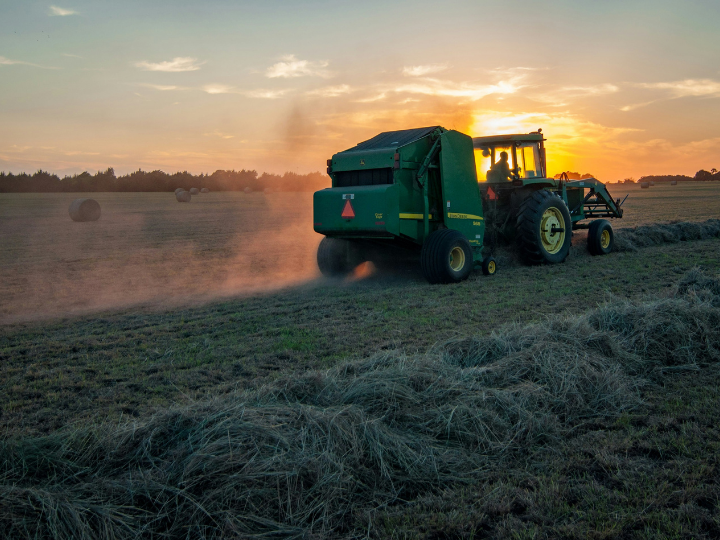by Laurent Geslin
As expected, France will not sign the free trade agreement between the European Union (EU) and Mercosur in its current form, President Emmanuel Macron announced on Sunday from Argentina as French farmers launched a major protest over the weekend.
During his visit to South America, Macron stated at Buenos Aires airport that France would not “sign the EU-Mercosur free trade agreement as it stands,” a stance shared across French political parties.
“We cannot ask our farmers (...) to change their practices, to stop using certain phytosanitary products,” in order to achieve “high-quality” production, “and at the same time open our market to massive imports of products that do not meet the same standards,” Macron emphasised.
He explained that he had told his Argentine counterpart, Javier Milei, that this agreement “would be very harmful for Argentina’s reindustrialisation, and for us, it would be very bad for our agriculture.”
Macron will attend the G20 summit in Brazil on Monday (18 November) and Tuesday.
Germany pushes for a split in the agreement
Paris’s position is already known in Germany, where several German political leaders are pressing for the agreement to be split into parts to circumvent French opposition and fast-track approval of an EU-only section of the deal.
“Splitting” the agreement could allow the trade-related elements, such as tariffs, import quotas, and a “sustainability chapter,” to be adopted by a qualified majority in the Council - without waiting for ratification in the national parliaments of EU member states.
The rest of the agreement, including provisions on cultural and political dialogue and so-called “essential elements,” would be postponed until national parliaments reach a consensus.
French farmers’ protests
Macron’s statement comes as French farmers launched a nationwide mobilisation to demand better income, protest against the free trade agreement, and “make France’s voice heard.” This comes less than a year after the January 2024 blockades that paralysed the entire country.
Arnaud Rousseau, president of the influential National Federation of Farmers’ Unions (FNSEA), the largest agricultural union in France, announced on BFM that “82 protest actions” would take place across France until Tuesday, 19 November. By Sunday evening, 17 November, filtering roadblocks had already been set up, and “fires of anger” were lit in several regions of France.
“We do not want to block the French people but rather bear witness to the situation,” said Arnaud Rousseau, adding that the movement would continue “until mid-December at the latest” to avoid disrupting the holiday season.
Interior Minister Bruno Retailleau warned on Sunday, 17 November, on RTL that “if there is a prolonged blockade, there will be zero tolerance.”
Last week, he met with agricultural union leaders to outline “three limits”: “no damage to property, no harm to individuals, no entrenched or prolonged blockades.”
Otherwise, “we will not hesitate to deploy mobile forces,” he added.
*first published in: Euractiv.com




 By: N. Peter Kramer
By: N. Peter Kramer

